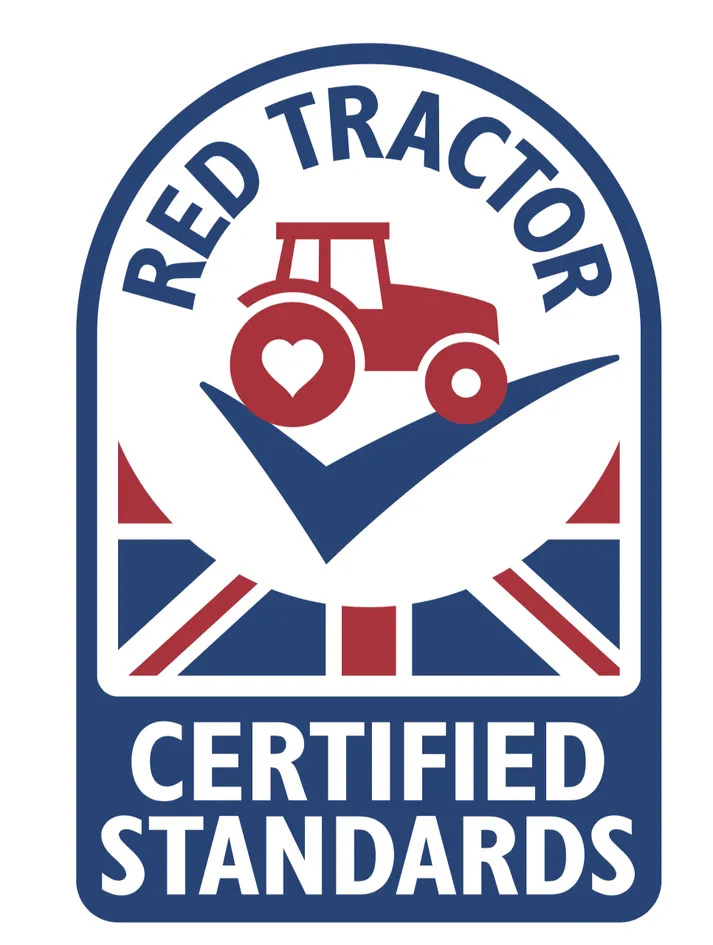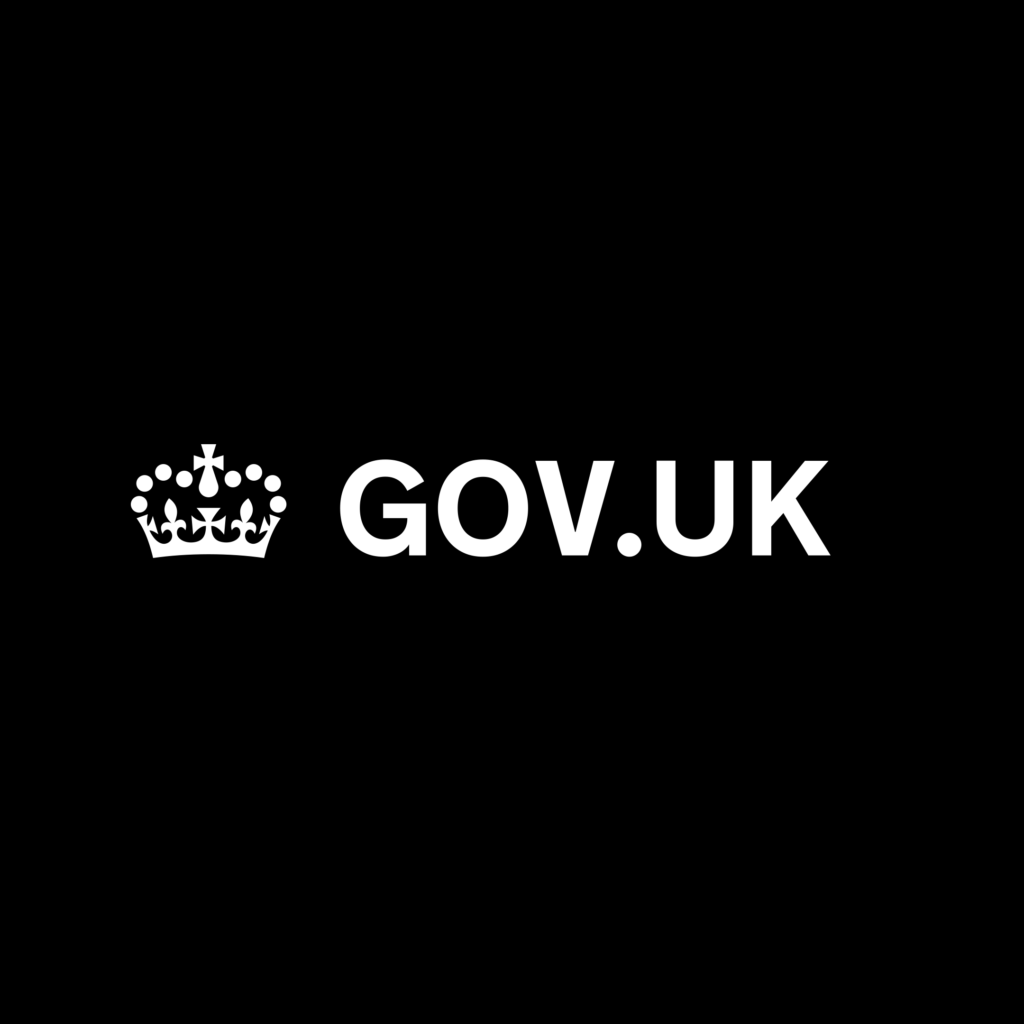We comply with all relevant UK and European laws regarding beef production and maintain our extremely high standards throughout our operation. We are accredited with the following bodies that cover various aspects of the production process.
1 . RED TRACTOR FARM ASSURANCE BEEF AND LAMB SCHEME (formerly Assured British Meat Standard)
Assuring food safety through every part of the food chain is a vital priority for the food industry and, more importantly, for its many millions of consumers. Red Tractor Assurance covers the entire supply chain from farm to pack and products need to be certified at every critical link of the chain.
Red Tractor Assurance has an important role to play ensuring that businesses which handle and/or process food products after they leave the farm of production continue to maintain the standards ensuring traceability of food; food safety and animal welfare where applicable.
Red Tractor Assurance operates a number of post-farm schemes which provide effective assurance to internationally recognised Standards and are a fundamental link in an integrated chain of assurance throughout the food chain from farmer to retail store. They have been developed over the years to address legislative requirements, scientific evidence, good practice in the industry and consumer concerns.

2. BEEF LABELLING SCHEME
Beef labelling is a European Community (EC) wide scheme, which is intended to provide buyers with clear, reliable information about fresh and frozen beef (including veal) on sale. All beef and beef products must be labelled to ensure full traceability back to the point of origin at all stages of production and sale. BLS is the abbreviated title for this scheme.
The rules of this compulsory scheme require that an enforcement system be established in each Member State, to ensure that beef labelling procedures are being correctly applied. Ministers have decided that in England and Wales this should be achieved through a system of inspection visits by the Livestock and Meat Inspectorate to those slaughterhouses, cutting plants, catering butchers and cold stores with repackaging facilities, which are not checked by Local Authority Trading Standards.
Inspectors from the L & M Inspectorate complete compliance reports and sent them to Meat Technical Schemes for checking and input on to a database. Results are sent quarterly to DEFRA.

3. GLOBAL STANDARD for FOOD SAFETY
In 1998 the British Retail Consortium (BRC), responding to industry needs, developed and introduced the BRC Food Technical Standard to be used to evaluate manufacturers of retailers own brand food products. The main requirements of this standard are the adoption of HACCP, a documented quality management system and control of factory environmental standards, process and personnel.
In a short space of time, this Standard has become invaluable to other organizations across the sector. It was and still is regarded as the benchmark for best practice in the food industry. This and its use outside the UK has seen it evolve into a Global Standard used not just to assess retailer suppliers, but as a framework upon which many companies have based their supplier assessment programs and manufacture of some branded products.
It is designed to be used as a pillar to help retailers and brand owners with their ‘due diligence’ defence, should they be subject to a prosecution by the enforcement authorities. Under EU food Law, retailers and brand owners have a legal responsibility for their brands.

4. EBLEX QUALITY STANDARD SCHEME.
EBLEX supports fully assured beef and lamb products from farm to retailer through quality standard schemes.
Our own Quality Standard schemes for beef and lamb, launched in 2005, give retailers high levels of assurance about the meat they buy. Not only is Quality Standard beef and lamb produced to higher standards than required by law, the EBLEX scheme includes standards that positively influence the eating quality of beef and lamb.
The additional requirements of the Quality Standard are designed to minimise the impact of animal age on eating quality providing retailers and, ultimately, the consumer with improved and more consistent product.
The key factors of tenderness and succulence are vital to ensure customer satisfaction. The whole supply chain (farm, abattoir, wholesaler, butcher, retailer) need to be signed up to the scheme in order to utilise the Quality Standard Mark.
The Quality Standard scheme forms an important part of the wider strategy of EBLEX. It sets out to differentiate quality beef and lamb from commodity product, helping to build a long term, positive business environment for producers and the industry.
